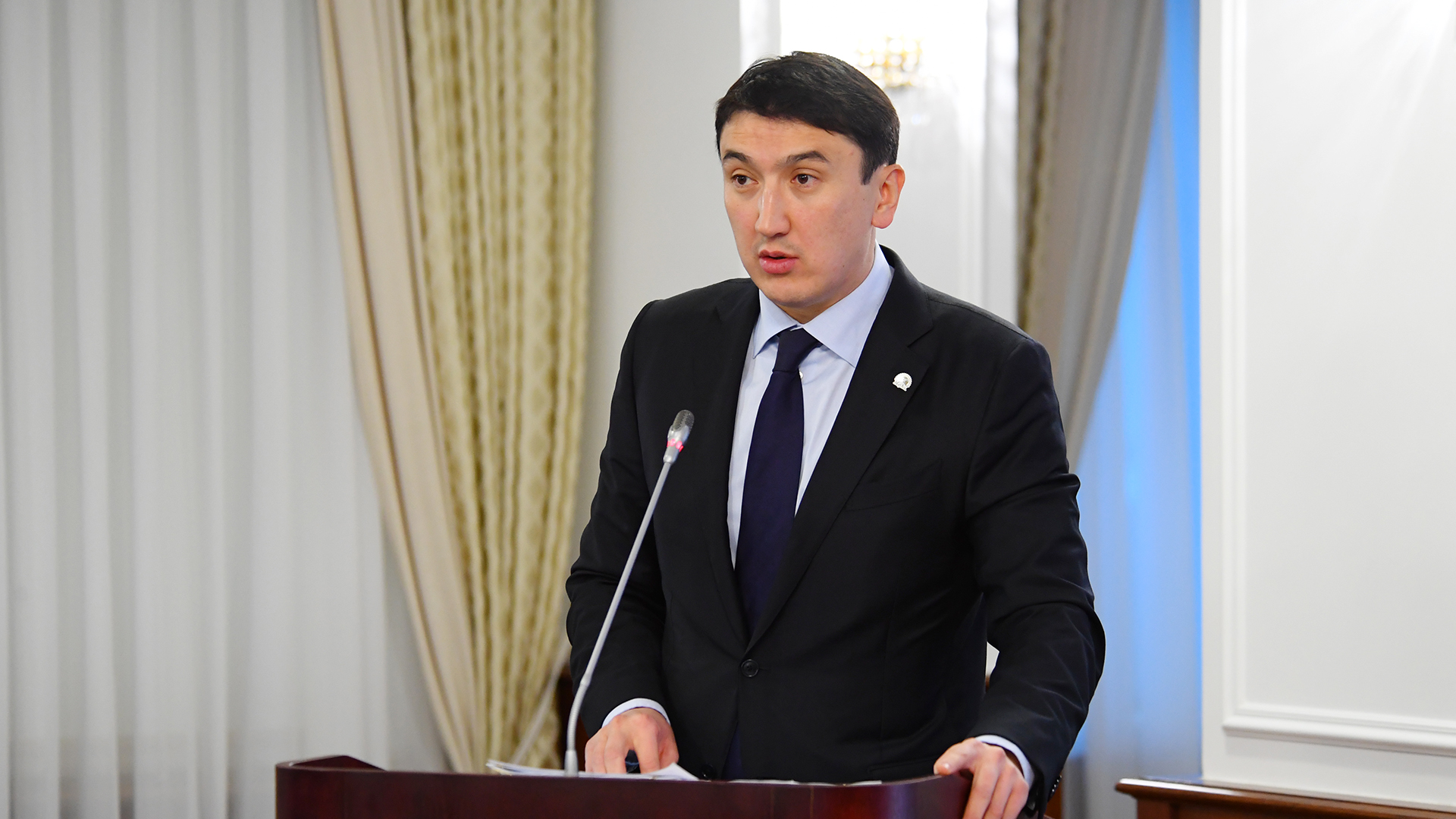14 July 2020, 12:46

At the government session chaired by Prime Minister Askar Mamin, measures to fulfill the instructions of the President Kassym-Jomart Tokayev given at extended government session on July 10, 2020, were considered. Minister of Ecology, Geology and Natural Resources Magzum Mirzagaliyev reported on the current environmental situation in the country.
As the minister informed, at present over 3.3 million tons of solid waste have been accumulated at 3.3 thousand landfills of the country. About 5 million tons of solid waste are formed annually. The share of solid waste processing increased from 11.5% in 2018 to 15% in 2019. A high proportion of processing is noted in the Mangystau region, in the Almaty region and in the city of Shymkent. Low volume of processing is noted in Akmola, East Kazakhstan, West Kazakhstan regions.
It should also be noted that the country has almost exhausted the capacity of landfills. In this regard, as Mirzagaliyev noted, akimats need to bring landfills in line with environmental requirements, determine the operating organization and improve material and technical equipment using PPP tools or private investment, and take appropriate measures to build new landfills where necessary.
“At the same time, in order to reduce budget expenditures, we propose, together with the Ministry of Industry and Infrastructure Development, to develop a simplified Model project for the construction of solid waste landfills for urban and rural areas,” the minister said.
According to him, the issue of a growing number of spontaneous landfills has not been resolved for years. In the framework of space monitoring of JSC Kazakhstan Garysh Sapary, as of July 11, more than 7.5 thousand landfills were identified in all regions of the country. Together with akimats, plans for their elimination have been developed.
“It is necessary to prevent the emergence of new spontaneous dumps as much as possible. To do this, we suggest conducting public raids and publicizing the revealed facts. At the same time, for a systematic solution of the issue, the new Environmental Code provides for measures for the mandatory installation of GPS sensors in garbage-transporting vehicles,” Mirzagaliyev said.
In turn, as the head of the department noted, due to low rates of garbage collection, the waste processing industry is unattractive to investors. In this regard, on behalf of the Head of State, the relevant amendments to the legislation on the introduction of Waste to Energy technology are introduced.
“The Majilis amendments have already been approved, in autumn, they will be considered by the Senate. After the adoption of the Law, we plan to hold the first auctions. The system will work by analogy with renewable energy sources: whoever presents the lowest cost for electricity will build the plant. We plan to hold the first auctions next year,” the minister said.
Together with akimats, six pilot cities were identified. These are Aktobe, Almaty, Atyrau, Nur-Sultan, Taraz and Shymkent.
In addition, a draft state program for water resources management was developed, where the following target indicators are defined:
“We have begun work on bringing the area of irrigated land to 3 million hectares by 2030. Last year 66 thousand hectares of irrigated land were introduced. Currently, work is underway in 5 regions of the country to introduce about 500 thousand ha of irrigated land. The work will be completed in 2022,” the minister informed.
Stay updated about the events of the Prime Minister and the Government of Kazakhstan - subscribe to the official Telegram channel
Subscribe